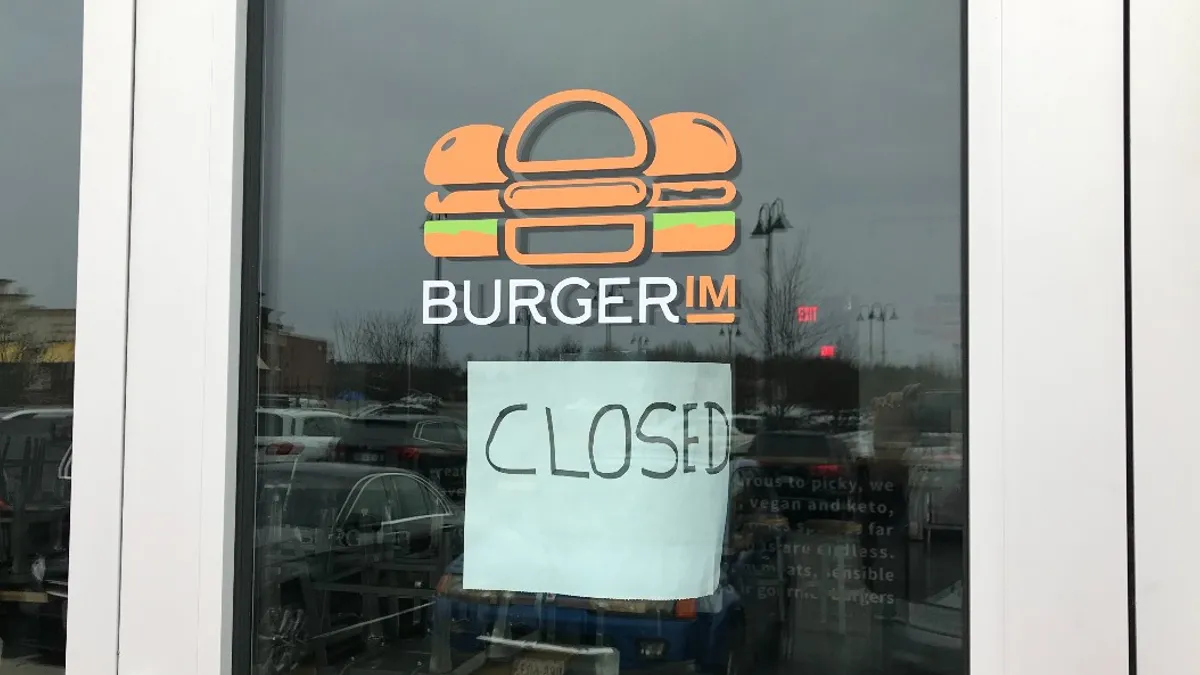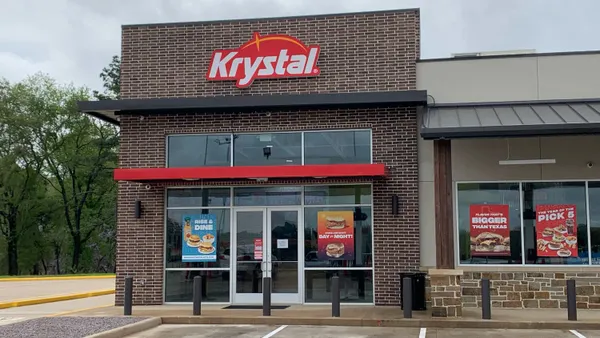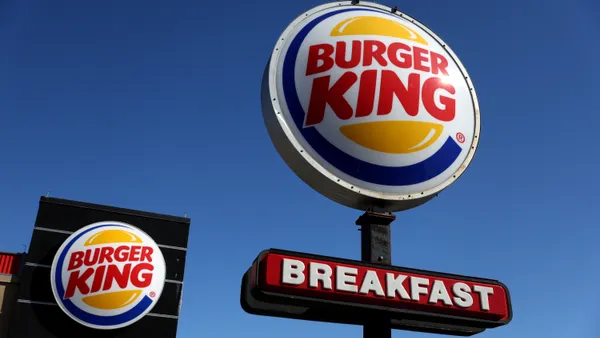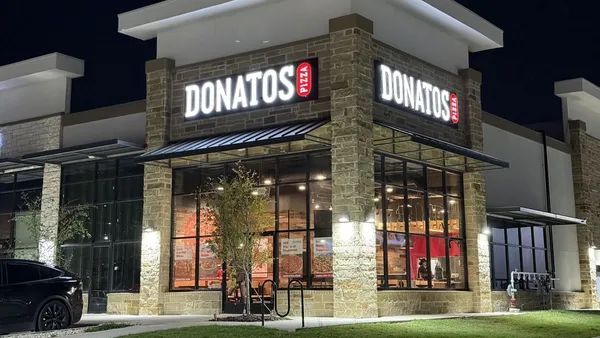Dive Brief:
- Last week, California ordered Burgerim to pay almost $4 million in fines to refund franchisee fees because the burger chain violated several of the state's franchise regulations, according to an order from California's Department of Financial Protection and Innovation. It was reported first by Restaurant Business. The company sold franchises to 1,550 operators who paid $57.7 million in fees from 2015 to July 2019.
- The order states that Burgerim created a successor company, called the Burgerim Group, to commit fraud against and "shield assets from franchisees." Burgerim Group received almost $400,000 in rebates from third-party vendors between August 2019 and August 2020. California has also ordered Burgerim to refund the franchisee fees within 30 days of an operator's request and to offer to rescind franchise agreements.
- The complaint states that many franchisees emptied their savings and retirement accounts or used credit cards to cover the franchise fee "based on Burgerim's promise of quick profitability, and a no-hassle refund." But many operators have still yet to receive their refunds, according to the California order.
Dive Insight:
This is just the latest footnote in Burgerim's long fall from grace, and shows that the once fast-growing chain's business tactics are still hurting the operators who were swept up in its aggressive expansion plans.
The complaint states that Burgerim gave franchisees refunds to incentivize their sign on, and that the chain hid a "staggering number of annual cancellations and refunds." Between 2017 and 2019, 287 franchisees received refunds of more than $8 million. California also claims that post-dated checks to operators often wouldn't go through, and that the chain received so many cancellation requests from franchisees that founder Oren Loni formed a cancellation department before ceasing to deliver those refunds.
The chain did not place franchisees' initial franchise fees in an escrow or separate account in anticipation of refund requests, and instead used the fees to pay for operating expenses the same month they were collected, according to the complaint.
Burgerim lured operators with a low barrier to entry and Facebook and Instagram ads that promised "No Experience Necessary," Restaurant Business reports. Operators also didn't have a liquidity requirement, and just needed to pay $50,000 to open a Burgerim location.
This California order follows calls by U.S. Sentaor Dianne Feinstein in early 2020 for the Federal Trade Commission to investigate Burgerim over allegations of deceptive tactics. Maryland and Washington also revoked the burger chain's right to sell franchising registrations in late 2019 and early 2020, around the time Loni shuttered the brand's headquarters, stopped paying employees, left the United States and sent operators a letter that it planned to file for bankruptcy. Most of Burgerim's restaurants are now closed, according to Restaurant Business.














